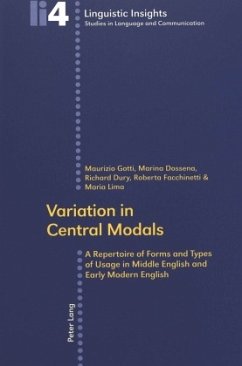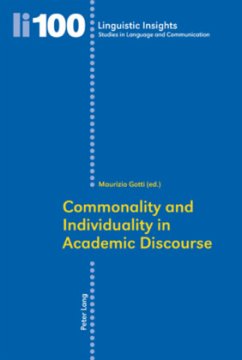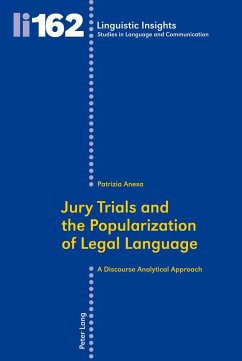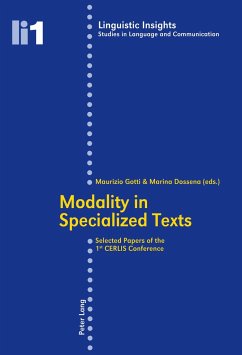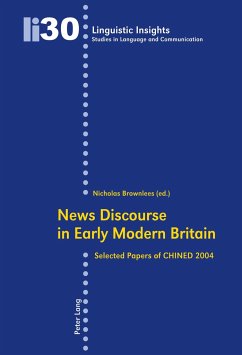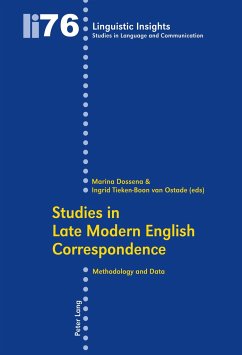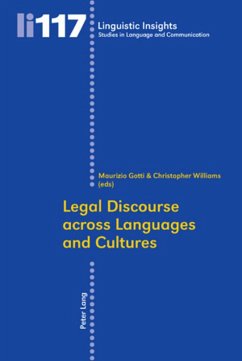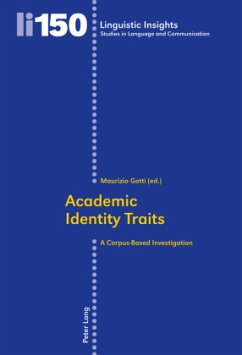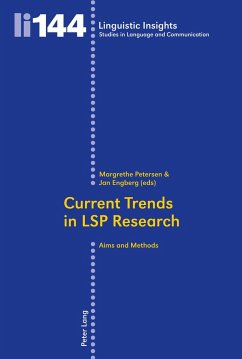
Studies on English Modality
In Honour of Frank Palmer
Herausgegeben: Tsangalidis, Anastasios; Facchinetti, Roberta
Versandkostenfrei!
Versandfertig in 6-10 Tagen
138,05 €
inkl. MwSt.

PAYBACK Punkte
0 °P sammeln!
Inspired by Frank Palmer's work, this book addresses a set of specific topics pertaining to the description of modality in English and places them in a broader context. A number of more general theoretical and typological matters are also raised, which bear upon the theory of syntax, semantics and pragmatics and their interfaces. The methodology adopted is mostly functional-typological, though some reference is made to various theoretical frameworks, ranging from cognitive linguistics to parametric variation. Modal meanings are seen to extend beyond particular lexical and grammatical exponents...
Inspired by Frank Palmer's work, this book addresses a set of specific topics pertaining to the description of modality in English and places them in a broader context. A number of more general theoretical and typological matters are also raised, which bear upon the theory of syntax, semantics and pragmatics and their interfaces. The methodology adopted is mostly functional-typological, though some reference is made to various theoretical frameworks, ranging from cognitive linguistics to parametric variation. Modal meanings are seen to extend beyond particular lexical and grammatical exponents, through sentential semantics and into actual contexts of use. At the same time, the study of modality seems to challenge commonly held views on the relationship between different levels of linguistic analysis. Other languages discussed include Brazilian Portuguese, Classical and Modern Greek and Spanish.




